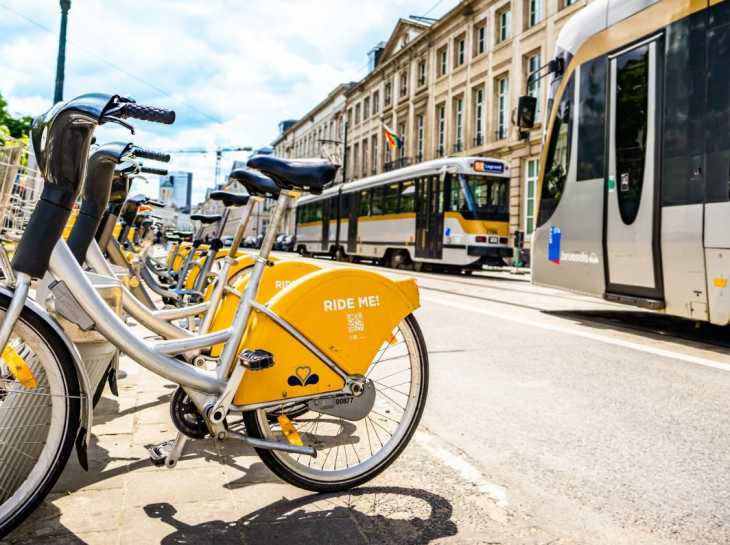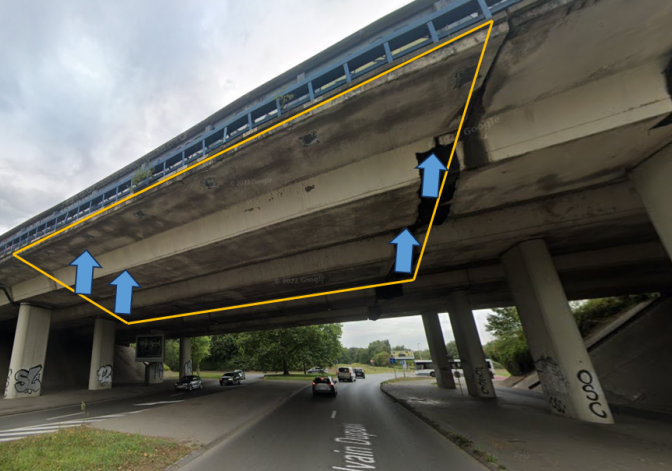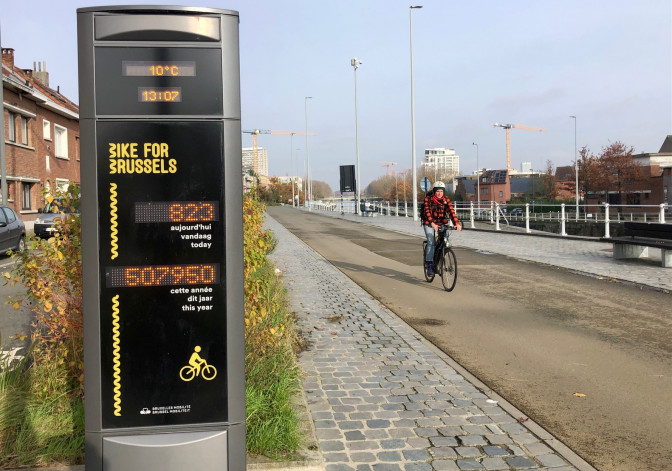
The Villo! concession expires in 2026. So in 2023 Brussels Mobility launched a comparative study, financed by the European Union, on the bike-sharing systems set up by other European cities. The purpose of the study was to examine the benefits of a public bike-sharing service in Brussels and to help the Brussels-Capital Region define the technical, financial and administrative characteristics of the next contract. The conclusions of the study are now known. You can download the summary document at the bottom of this page.
To sum up, the study showed that it is still appropriate to maintain this type of bike-sharing network in the Brussels-Capital Region by 2026. More than 1,600 cities around the world have this type of service. The question is rather to define the role of the public authorities in the supply of shared bikes (subsidies, etc.) and the key factors for success.
An efficient bike-sharing system makes it possible to :
- Remove the obstacles to buying a bike, parking at home, maintenance and the risk of theft for hundreds of thousands of Brussels residents (53% of households do not have a bike).
- Develop the multimodal possibilities for citizens and ultimately reduce their motorisation rate.
- Guarantee mobility for citizens at a lower cost to the Region: the ratio of euros invested by the public per journey can be lower than the one of public transport if the service is used sufficiently.
- Increase the range of mobility solutions, provide choice and therefore satisfaction, with a service available throughout the capital 365 days a year, 24 hours a day.
The study also highlighted Brussels' interest in organising a subsidised long-term bicycle rental system in order to :
- Offer a variety of bicycle types/sizes: mechanical, electric, folding, cargo, adapted, children's, etc.
- Encourage thousands of Brussels residents to adopt a cycling habit by providing information, training, testing, hire and get the right equipment before eventually buying their own bike. Vélo Solidaire's actions (training to get into the saddle, help with purchasing) are perfectly in line with this logic.
- Investing public money in a highly targeted way to reach vulnerable groups and avoid the need to travel long distances by car.
According to the study, the current Villo! service is relatively inefficient, with 0.7 rentals/bike/day averaged over a year. The problems identified are the low density of stations, the heavy and uncomfortable bicycles, etc. The benchmarking includes the key success factors that the cities visited have enabled to achieve average rotation rates of between 3 and 7.
Brussels Mobility will use the conclusions of this study (100% electric bicycles, densification of the network, etc.) to lay the foundations for a new, more efficient and attractive system from 2026.
Future of Brussels public bicycles service - Synthesis.pdf(PDF) (5.22 MB)
Intermediate reports :
Bike Share Market Trends(PDF) (11.21 MB) Public Bicycles Services International Benchmark.pdf(PDF) (8.16 MB) Assessment Scenarios and Recommendations for the Brussels Public Bicycles Service(PDF) (19.99 MB)








